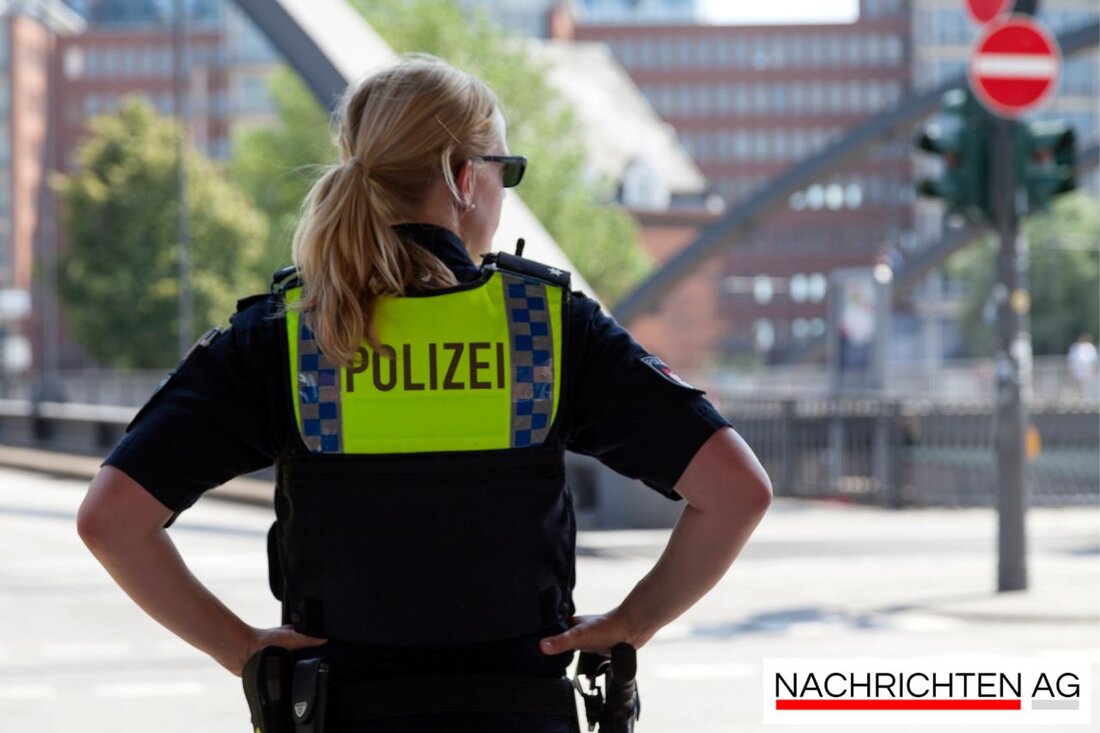Summer holidays, construction sites and smartphone discussions in Göttingen!
Göttingen: New cycle paths, smartphone ban in schools rejected, parking fees from July. Current developments at a glance.

Summer holidays, construction sites and smartphone discussions in Göttingen!
While the summer holidays are just around the corner for students in Göttingen and the region, there are numerous topics that are keeping people busy. At the top of the list is the construction work on the cycle path between Waake and the B27, which will result in significant changes in the coming weeks. With temperatures around 30 degrees, many will certainly want to enjoy the sun, but the complete closure of the district road and the access road to the B27 during the summer holidays means that Waake and Bösinghausen are cut off from the direct connection to Göttingen during this time. Road users therefore have to take detours via Ebergötzen in order to be able to turn around.
But it's not just the traffic situation that's a topic of conversation. The general proposal to ban smartphones in schools in Lower Saxony has now been rejected. [Göttinger Tageblatt]. reports that Göttingen educational scientist Prof. Kerstin Rabenstein points out that studies have shown that the effect of such a ban on students' attention is rather insignificant. Nevertheless, it could certainly be possible that a ban would improve the classroom climate. Rabenstein therefore advocates open discussions between students and teachers.
Mobile phone bans in schools: A controversial topic
In other schools, however, there are clear voices against blanket bans. Student Noah Löhrmann reports that bypassing is common and more than 50% of cell phone use is not an emergency. The Association of Lower Saxony Teachers (VNL) warns of the negative effects of bans and calls for more media education. Spiegel also agrees with this: Many schools want clear and uniform rules in order to be armed against the challenges of being smartphone usage.

 Suche
Suche
 Mein Konto
Mein Konto